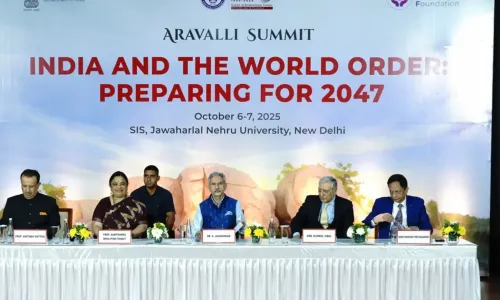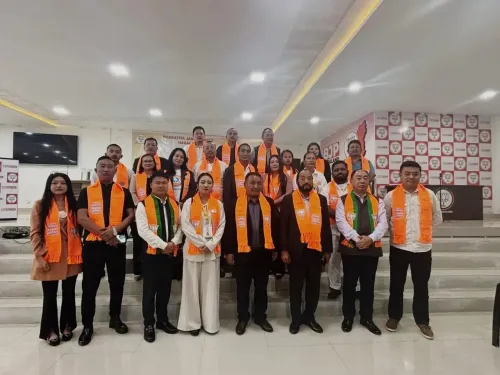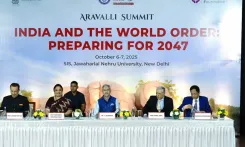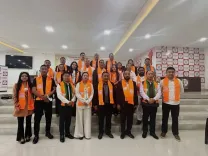Did Assam CM Sarma Just Blame Congress for Pakistan's Nuclear Status?
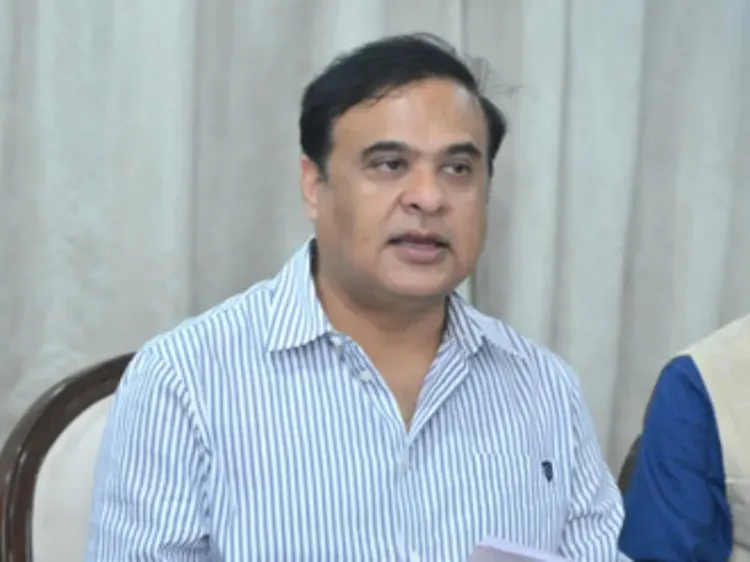
Synopsis
Key Takeaways
- Assam CM Himanta Biswa Sarma criticizes Congress for historical errors in nuclear policy.
- RAW had evidence of Pakistan's uranium enrichment in the 1980s.
- Political indecision led to missed military opportunities.
- Pakistan's nuclear capabilities have destabilized the region.
- Caution over courage is framed as a lesson in leadership.
Guwahati, June 14 (NationPress) In a pointed critique reflecting the enduring security anxieties of India's defense community, Assam Chief Minister Himanta Biswa Sarma on Saturday criticized the Congress party for what he termed a "historical error" — India's inability to thwart Pakistan's nuclear ambitions during the 1980s.
In a post on X, Sarma highlighted that the failure to neutralize Pakistan’s Kahuta enrichment facility serves as a cautionary tale in the strategic narrative of India.
Using insights from intelligence records and declassified diplomatic exchanges, Sarma pointed out that the Research and Analysis Wing (RAW) had concrete evidence of Pakistan's uranium enrichment activities at the Kahuta site during the early 1980s.
As per the Assam CM, Israel had allegedly offered to assist in a pre-emptive strike, even designating India’s Jamnagar Air Base as a potential launch point for the operation.
India’s military leaders reportedly approved the surgical action — yet political indecision led to a different outcome.
CM Sarma accused then Prime Minister Indira Gandhi of hesitating at the last moment, fearing geopolitical repercussions, while her successor Rajiv Gandhi ultimately abandoned the plan, bowing to international diplomatic pressures.
"This indecision," Sarma remarked, "set the stage for Pakistan’s nuclear test in 1998 and the subsequent arms race that destabilised the subcontinent."
The repercussions, Sarma argued, have been profoundly significant.
He referred to the 1988 India-Pakistan nuclear non-aggression agreement signed by Rajiv Gandhi and Benazir Bhutto as a testament to misplaced trust.
In the following decade, Pakistan not only achieved nuclear capability but also strengthened its proxy warfare initiatives.
“Pakistan’s nuclear umbrella,” Sarma asserted, “has facilitated cross-border terrorism and granted Islamabad a facade of diplomatic immunity under the pretense of deterrence.”
In a pointed political jab, Sarma also mentioned the 2024 manifesto of CPI-M—a major ally of the opposition INDIA bloc—which suggested dismantling India’s nuclear deterrence.
"At a moment when rogue nations leverage nuclear threats as instruments of policy, such views," he wrote, "are perilously naive."
Summarizing the incident as a “lesson in leadership,” Sarma concluded that where India required boldness, Congress opted for caution.
“The cost of that hesitation,” he stated, “is a strategic burden our nation continues to bear to this day.”

